On 17 September 2015, The International Organization for Migration (IOM) and the UN World Food Programme (WFP) published an exploratory study on the interaction of hunger, violence and migration and the impact on the lives of vulnerable people living in the Northern Triangle of Central America.
Anushika Siva and Laraib Niaz (MSc Development Management 2014-15) were part of the Consultancy Project group working on the project. They describe their experience here.
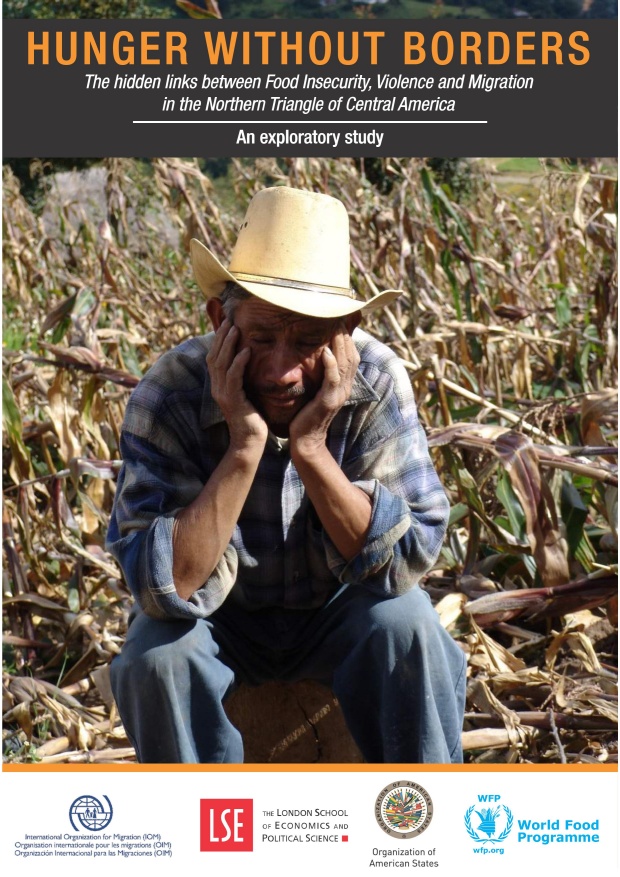 As part of the MSc in Development Management, we were able to take part in an insightful consultancy project that allowed most of us to gain our first consulting experience with an international organisation.
As part of the MSc in Development Management, we were able to take part in an insightful consultancy project that allowed most of us to gain our first consulting experience with an international organisation.
As a group of five with distinct backgrounds, we worked towards finding a statistical correlation between food insecurity and migration in three Central American countries, namely: Honduras, Guatemala and El Salvador.
We thereby got the opportunity to convert the theoretical knowledge imparted to us during the year into practical suggestions for our clients.
This project enabled us to effectively amalgamate both qualitative and quantitative research into a unified and coherent report.
It also allowed us to work strategically by concentrating on each group member’s strength and assigning tasks accordingly. We constantly updated our clients on the progress of the report, whilst taking account of their requirements and suggestions. At the same time, our clients were always open to our recommendations.
We corresponded extensively throughout the year with our clients, on Skype, as well as through emails. Following the first Skype call, our clients gave us the freedom to design and implement the project in a manner that would allow us to enhance our creative liberty while taking into consideration the scope and time frame given. This helped us cooperate effectively as a group and made this project one of the most rewarding and interesting experiences of our academic year.
The project required extensive qualitative research as it aimed to combine statistical results with thorough background knowledge on country-specifics. We detected key issues our research should focus on and collected and summarized information from numerous sources in order to create a literature review that draws a comprehensive picture of the socio-economic circumstances of the three countries.
Subsequently, we engaged in data cleaning, interpretation and analysis for all three countries. We were also given the freedom by our clients to incorporate other independent variables in the statistical model apart from the ones specifically mentioned by them. The results showed that food insecurity was indeed, significantly linked to an increase in outward migration in all three countries.
The final presentation was delivered in May, and our clients expressed their enthusiasm over the whole project. They also engaged in a healthy question and answer session and even though some findings contradicted their expectations, they were appreciative of our recommendations and work.
The findings from this study were then incorporated by the World Food Programme, in association with the International Organization for Migration in its latest publication “Hunger Without Borders”. We were delighted to see months of our hard work being finally rewarded. We are extremely thankful to LSE for this opportunity and the valuable learning experience that we gained from it, as well as to our clients for appreciating our hard work.
Food security has emerged as one of the most significant indicators of a country’s quality of life – often related to other factors such as poverty, violence, internal and external migration, inflation, and international trade. While this appears to be an obvious inference, there has not been enough concrete empirical research to establish these correlations. Our report aimed to fill in this knowledge gap for the Northern Triangle of Central America. Working with an organization like The World Food Programme at such an early stage in our careers was truly an invaluable experience. Not only did we learn an incredible amount about the topic at hand, but we also learned the art of making academic and statistical findings accessible to a larger audience. Working closely with a diverse team of individuals – with regard to background, academic interest, and areas of specialisation – captured the spirit of interdisciplinary collaboration, which has become an integral part of contemporary social science.
Aayushi Sethi
The consultancy project was a great learning experience in two ways. Topic-wise it allowed me to deepen my knowledge about a matter I’ve always had a keen interest on, while letting me learn more about a geographic region I had not previously engaged with to a similar degree. Career-wise the project was meaningful to me as it allowed me to gain first-hand experience on the working methods of the consulting industry and made me aware of the challenges one encounters throughout a consultancy project. In that sense the project was certainly one of the most intense, but considering the outcome also one of the most insightful and rewarding aspects of my MSc in Development Management.
Anushika Siva
This project has provided us with the opportunity to use data as a tool to solve ‘real world’ puzzles. Right from collating data from varied sources, to conceptualising a unique algorithm to measure a concept as subjective as food security, to uncovering insightful correlations between food insecurity, violence, and migration – this project has been a challenging and worthwhile learning experience.
Jonathan Jim Ramirez
The consultancy project was perhaps the most demanding, yet the most enriching aspect of the Development Management Course. It provided me with the opportunity to collaborate with a prestigious organization, and synthesize findings from academic research into practical results. I also became aware of the various challenges that researchers face while working for the development sector. The fact that our work was not only appreciated but also published by our clients is a matter of huge honor for us. Also a little heads up for future graduates, the project is going to set you apart from the other candidates during your job hunt! It is good to have it on your CV!
Laraib Niaz
Working as an LSE consultant for the World Food Programme was a worthwhile experience. As part of this project I gained a clearer picture of the challenges international development consultants face when approaching complex realities using qualitative and quantitative analysis. The consultancy project was what made me decide to follow the MSc in Development Management in the first place and it surpassed my expectations. As a team, we were thrilled when we learned our client was going to make a publication based on our work!
Maria Luisa Saldarriaga M.
About the MSc Development Management
Related Posts
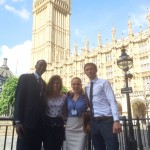  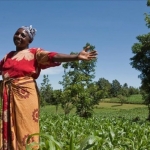 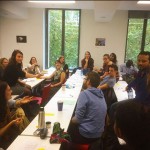 |
 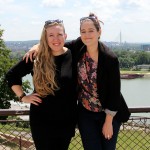  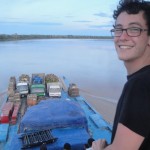 |





